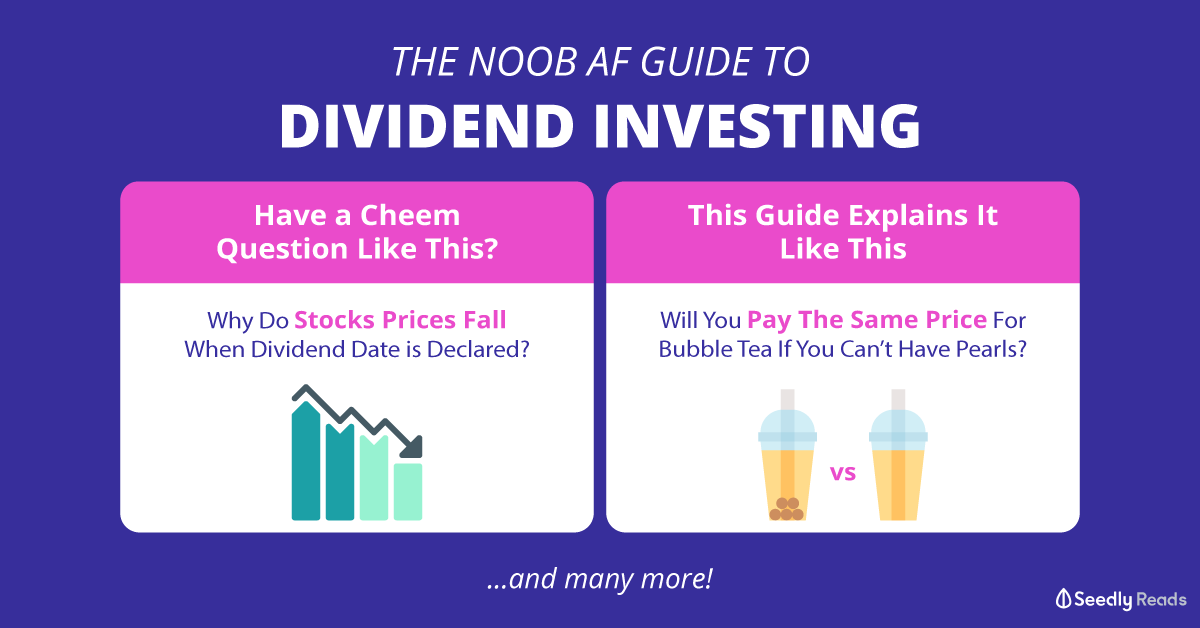What Investments Pay Dividends?
When it comes to the financial realm, seeking investments that offer consistent returns is a prudent strategy. Enter dividends, a form of income derived from certain investments where a portion of a company’s earnings is distributed to its shareholders. But what investments offer this enticing perk? Let’s dive into the world of dividend-paying investments to unveil the options available to savvy investors.
Stocks
Stocks, also known as equities, represent ownership in a publicly traded company. When a company generates profits, it may opt to share a portion of those earnings with its shareholders in the form of dividends. Dividend-paying stocks are a solid choice for investors seeking income, as they provide regular cash flow. However, it’s essential to note that stock prices can fluctuate, potentially impacting the consistency of dividend payments.
Bonds
Bonds are debt obligations issued by companies or governments. Investors who purchase bonds are essentially lending money to the issuer in exchange for interest payments known as coupons. Bonds typically offer fixed coupon rates, providing a predictable income stream over the life of the bond. The downside of bonds is that they can be subject to interest rate risk, which may affect their value if market interest rates change.
Mutual Funds and ETFs
Mutual funds and exchange-traded funds (ETFs) are investment vehicles that pool money from multiple investors to purchase a diversified portfolio of stocks, bonds, or other assets. Dividend-paying mutual funds and ETFs offer investors exposure to a broad range of dividend-paying securities, reducing their risk compared to investing in individual stocks or bonds. These funds generally distribute dividends to their shareholders on a regular basis.
Real Estate Investment Trusts (REITs)
REITs are investment trusts that own and operate income-producing real estate, such as apartments, office buildings, or shopping centers. REITs are required by law to distribute at least 90% of their taxable income to shareholders in the form of dividends. This makes REITs an attractive option for investors seeking a steady stream of income from real estate investments without the hassle of direct ownership.
Preferred Stocks
Preferred stocks are a hybrid investment that combines features of both stocks and bonds. They offer fixed dividend payments like bonds but rank higher than common stock in the company’s capital structure. This means that preferred shareholders have a higher claim on the company’s assets than common shareholders in the event of liquidation. However, preferred stocks typically offer lower dividend yields than common stocks.
What Investments Pay Dividends?
In the realm of investments, some gems stand out for their steady stream of passive income: dividend-paying investments. These investments, like reliable companions, dole out a portion of their profits to shareholders, providing investors with a welcome financial boost.
Considerations for Choosing Dividend-Paying Investments
When navigating the world of dividend-paying investments, there are a few guiding lights to follow:
-
Company’s Financial Health: Just like you check the pulse of a person before jumping into a relationship, delve into a company’s financial stability before investing. A healthy balance sheet, low debt, and consistent profits are all positive signs.
-
Dividend Yield: Don’t be blinded by sheer numbers; the dividend yield, expressed as a percentage, tells you how much dividends you’ll get for every share you own. A higher yield isn’t always better; sustainability is key.
-
Dividend Growth Prospects: Dividend growth is like a steadily rising tide that lifts all boats. Look for companies with a history of increasing their dividends over time, as these steady climbers can potentially provide a nice nest egg in the future.
-
Industry and Sector: Every industry has its own unique rhythms. If the overall industry is struggling, even the best companies may falter. Research the company’s industry and sector to get a sense of its overall health.
-
Tax Implications: Remember, taxes can play a game of hide-and-seek with your dividends. Determine if the dividends you receive are eligible for tax advantages or if Uncle Sam will be taking a bite.
-
Your Investment Goals: Your investment goals are the captain steering the ship. If your goal is long-term growth, investing in dividend-paying stocks can be a strategic move. However, if you’re looking for immediate cash flow, it’s wise to explore other options.

No responses yet